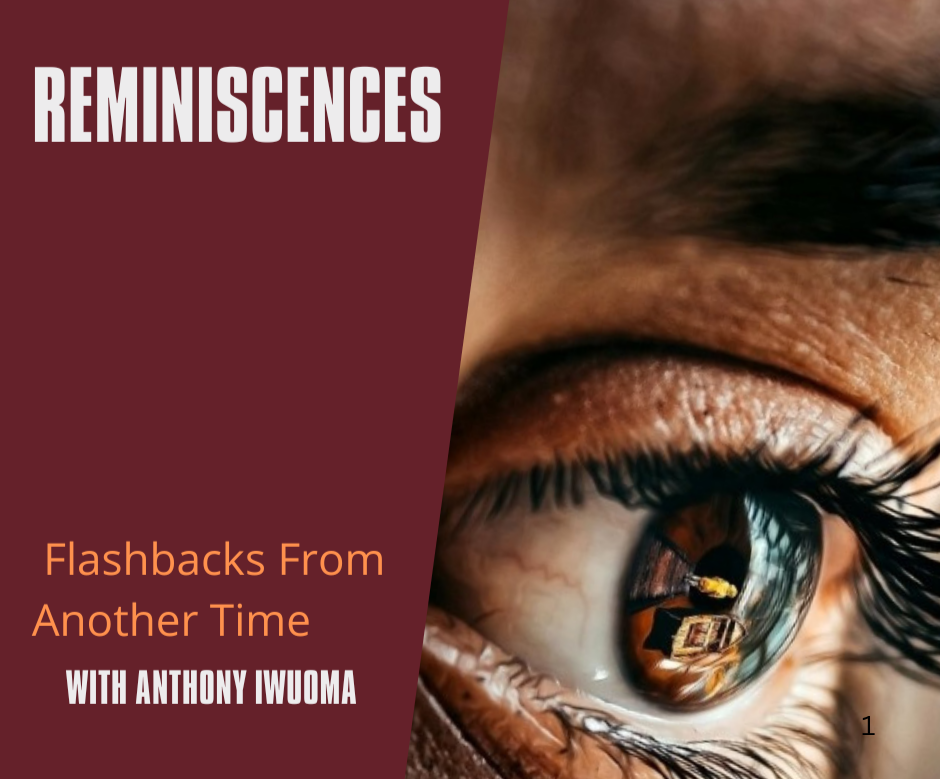
By Publisher
Kindly share:
Today, we embark on a national safari into the mythical animal known as Nigerian federalism, a beast so bizarre, even political zoologists have given up trying to classify it.
Ladies and gentlemen, gather round for the greatest illusion of our time: the Nigerian Federation. Yes, we call ourselves the Federal Republic of Nigeria, but like a badly tailored agbada on a skeleton, the fabric doesn’t quite fit.
True federalism implies autonomy; states are empowered to govern their resources, manage their security, and chart their development paths. But in Nigeria, federalism is a shiny badge we pin on a deeply unitary structure, like calling a coffin a penthouse because it has polish.
Our version of federalism is so fake, even Nollywood producers would reject it for lack of believability. It’s a political skit performed in English, subtitled in dysfunction, and broadcast on all channels of public life.
The British, those mischievous cartographers of chaos, once thought it a good idea to weld over 250 ethnic groups into one political contraption. Their logic? “If it worked for tea and crumpets, surely it’ll work for Hausa, Yoruba, and Igbo.”
So, in 1914, Lord Lugard conducted an unholy marriage between the North and the South, without dowry, compatibility, or counseling. The result? A polygamous caricature union where every spouse suspects the other of theft, but no one can afford divorce; even those who dare are crushed and compelled to remain in the farce.
By independence in 1960, we had adopted a federal structure, not because we understood it, but because it sounded sophisticated. Like a toddler wearing a pilot’s uniform, we strutted proudly, unaware the plane was already nose-diving.
Let’s look at the raw absurdity.
- States can’t generate electricity and distribute it without federal approval.
- States can’t form police units to secure their communities unless the Federal Government nods like a reluctant monarch.
- States must wait for monthly allocation from the federal throne room like beggars in bureaucratic rags.
- State governors are supposedly chief security officers of their states, but have no control over police commissioners answerable to the Federal Government.
How do we call this a federation when every state is essentially a glorified local government?
In a sane federal system, states innovate, compete, and even fail differently. In Nigeria, they fail the same way, together, harmoniously, with matching national debt profiles.
Our governors are not governors; they are chief allocation officers. Their job is to manage whatever crumbs fall from the federal dining table. No revenue? Blame the centre. No roads? Blame Abuja. Herdsmen attacks? Wait for the Inspector General’s signal from his air-conditioned cave.
We also revel in a comedy called resource control. Oil comes from the Niger Delta. Yet the communities that supply the lifeblood of the nation live like extras in a post-apocalyptic movie; no roads, poisoned rivers, and a mortality rate that rivals war zones.
But the revenue from their soil is sent to Abuja, where it is redistributed to everyone, including states whose major export is press releases and beggars.
Curiously, the solid minerals discovered in certain areas belong to the locals. They mine them as they like and use the proceeds as they like in a classic case of ‘Nigeria belongs to us and we do as we please’.
This is not federalism. This is communal pocket-picking, rubber-stamped by a revenue formula that rewards laziness and punishes productivity.
Imagine if Lagos had to seek federal permission to tax its ports, or Kano needed clearance to sell tomatoes. Oh, wait, it already happens! That’s not governance; that’s economic cosplay.
Every day, lives are lost in Benue, Plateau, and almost everywhere. Herdsmen roam wide across the South, killing and maiming farmers and worsening food insecurity. Bandits and kidnappers are on a rampage like state-backed franchisees. Terrorists operate with GPS precision. Yet, governors must wait for orders from Abuja before responding.
When bandits attack, the response is usually a committee, a condolence visit, and a Twitter thread followed by a relapse till next time, which has become so often anyway.
Oh, and don’t forget the press conference where the governor says: “We will not be intimidated.” Then, after a long pause and a bottle of water, “We call on the Federal Government to do something.”
What a federation!
State police is a taboo topic at the federal dinner table. Why? Because the ruling elite fears that giving states control of their own security might empower governors to resist Abuja’s control, or worse, to become mini-dictators.
But let’s be honest: The average Nigerian is already living under the dictatorship of insecurity. What could be worse than a system where your police station can be overrun, and you’re told the army will “arrive shortly” from 300km away? Even army barracks are no longer safe.
The irony? Most federal leaders campaigned on the promise of restructuring but developed amnesia upon swearing in. It’s the classic Nigerian maneuver: Promise progress, deliver paralysis.
In a true federation, states live by their productivity. In Nigeria, they live on a monthly allocation.
Enter the Federation Account Allocation Committee (FAAC), Nigeria’s most successful reality TV show, featuring 36 contestants competing for survival funds. Every month, they gather in Abuja, calculators in hand, eyes on the prize. No innovation, no competitiveness, just entitlement.
It’s no wonder states are allergic to generating revenue. Why build industries when oil money will arrive? Why tax businesses when you can wait for VAT handouts? Why build human capital when you can rent crowds and win elections?
This fiscal laziness has birthed a national economy where the real entrepreneurs are politicians, and the actual job creators are miracle centres.
Behind every conversation about federalism in Nigeria is a layer of ethnic paranoia.
The North suspects the South wants to dominate the economy. The South-east suspects the North wants to dominate politics. The South-west suspects both are ganging up. The Middle Belt suspects everyone else is lying. And somehow, everyone blames the British, but still mimics their parliamentary accents.
Our federalism is not about governance; it’s about quota balancing, turn-taking, and ethnic PR management. We have federal character commissions not to promote competence, but to ensure everyone gets a slice of the dysfunction.
It’s not a system; it’s a national group therapy session.
The 1999 Constitution is the single most fraudulent document in Nigeria’s history. Drafted in the dark, baptised in military ink, and imposed without referendum, it begins with the audacious lie: “We the people…”
Who are these people? Did we vote for it? Approve it? Debate it? No. It was smuggled into existence by a junta, then handed down like a family curse.
And so, we live under the curse of a legal document that promotes federal fantasy but enforces unitary reality. A constitution that says states can make laws, but only if Abuja agrees. That they can generate power, but not distribute it. That they can build schools, but not control the curriculum. It is all a joke.
We are, essentially, a country pretending to be governed by consent while governed by coercion.
In most countries, satire is an art form. In Nigeria, it is a survival strategy. We joke to avoid crying. We meme our pain. We laugh through chaos.
But beneath the humour is tragedy.
A federation where the centre is too powerful and the parts are too weak is something else. That’s why we are a mere disparate country and can never be a nation. It is a ticking time bomb. A house where one landlord controls all the keys, and still forgets where he kept them.
It is not only restructuring we need; it is both restructuring and resurrection. Of logic. Of true autonomy. Of a federalism that works not just on paper but in practice.
So, What Do We Do?
First, we must stop lying to ourselves. This is not a federation. It is a grand national skit. A joke taken too far. A caricature dressed in constitutional lingo.
Then, we must rewrite the rules. From scratch. Not amend. Not tweak. Rewrite.
- True devolution of power: States must control police, electricity, and local taxes.
- Fiscal federalism: States must earn their keep. Resource control with equity-based redistribution.
- State accountability: With autonomy comes scrutiny. No more hiding behind Abuja’s shadows.
- State security: States must secure their boundaries against the menace of bandits and herdsmen without waiting for federal responses that never come or come too late.
- A new constitution: One created by the people, for the people, not from the barracks.
Federalism is not an accessory you wear on Independence Day. It is the engine of national development. And until Nigeria stops this elaborate cosplay, we will remain stuck in a cycle of central failure and local frustration.
So, the next time you hear someone say “we are a federal republic,” do what any self-respecting Nigerian would do: Smile, nod, and reach for your satirical lens.
Because in this Topsy-Turvy nation, truth comes dressed as comedy, and governance comes dressed as a meme.





